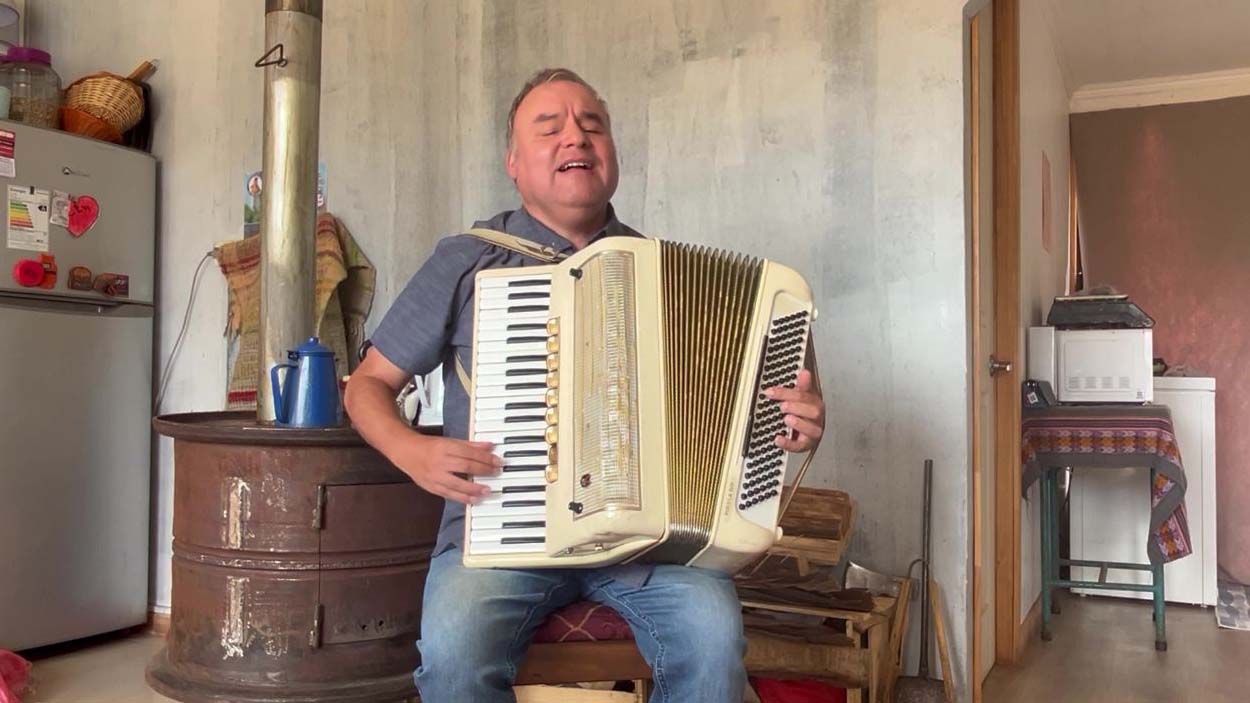Fresh Look Review: Santiago's Children—What I Learned about Life at an Orphanage in Chile
Fresh Look Review: Santiago's Children—What I Learned about Life at an Orphanage in Chile
Pablo Bachelet reviews a personal and moving account by Steve Reifenberg of his time in Chile during the Pinochet years.
In Chile’s tumultuous recent history, it is tempting to fast-forward through the 1980s. They seem like a gray and forgettable interlude between two decades marked by dramatic events and iconic figures. During the 1970s, Salvador Allende’s ballot-box-driven socialist revolution was ended by Gen. Augusto Pinochet, who led the country into a period of brutal political repression and economic reforms served up without anesthesia. In the 1990s, an equally dramatic shift thrust into power the soothing centrist Patricio Aylwin. Moderate socialists Ricardo Lagos and Michelle Bachelet completed the healing process of a divided nation.
But as Steve Reifenberg demonstrates in Santiago’s Children: What I Learned about Life at an Orphanage in Chile, the 1980s were crucial to the country’s eventual regeneration. He seems an unlikely witness. In his early 20s, Reifenberg knew little about the country when he quit a high school teaching job in Cañon City, Colorado. Much to the chagrin of his parents, he left a comfortable middle-class life in the U.S. in 1982 to spend a year as a volunteer in an orphanage. He found himself in the gritty working-class neighborhood of La Granja in south Santiago, sleeping in a shed converted into a bedroom. As he struggled with a new language and overcoming cross-cultural obstacles like finding size-12 shoes, Reifenberg began a youthful voyage of self-discovery. It turned into a unique ground-level perspective on a country that was sowing the seeds of its own recovery.
At the time, Chile was still in the throes...
To read more, subscribe and receive an instant digital copy of the Spring issue.
Already a subscriber? Login Now.
Pablo Bachelet is the Latin American diplomatic correspondent for the Miami Herald in Washington.








